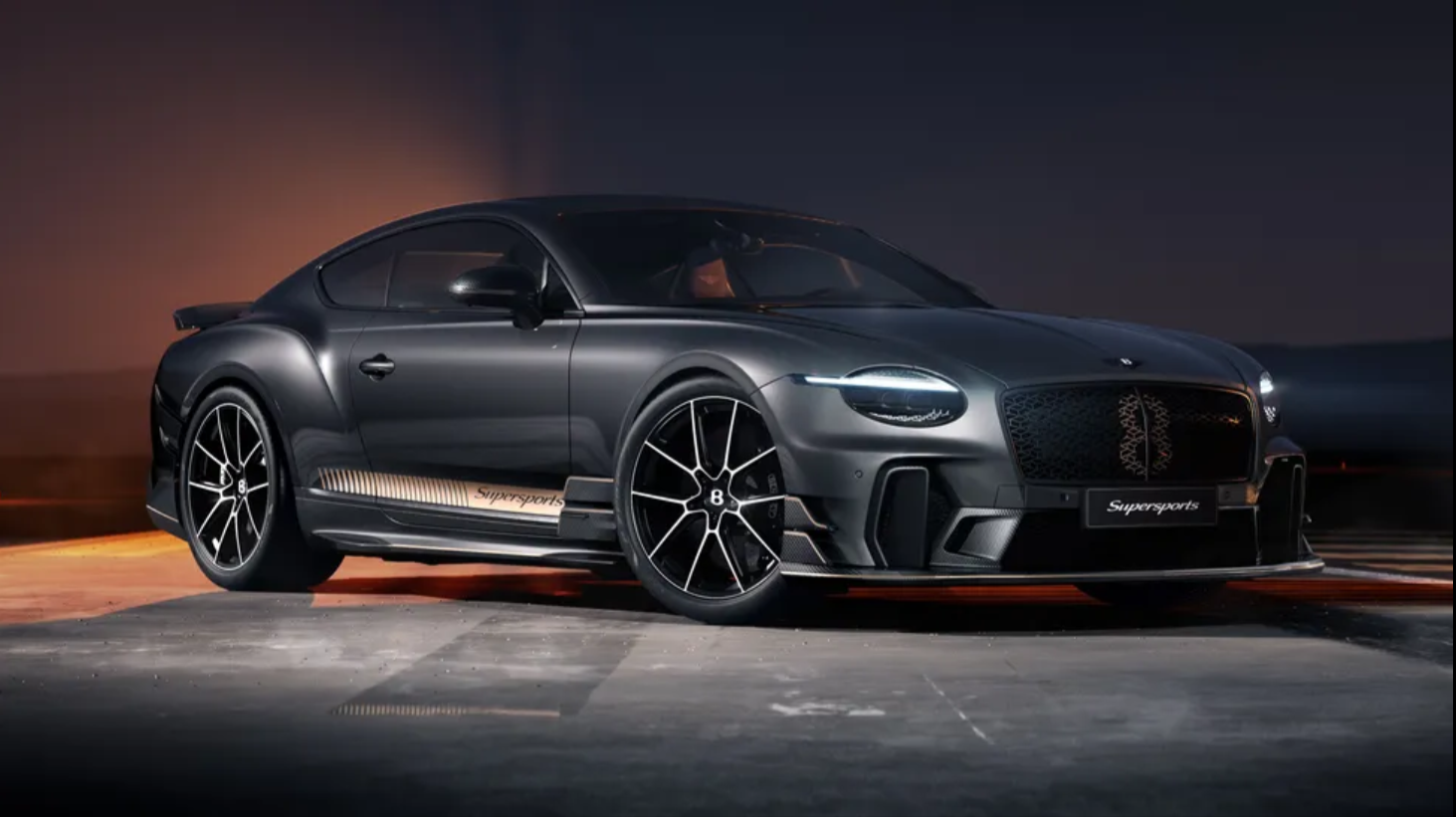As part of the Pininfarina Battista's debut in India, the intense all-electric hypercar made a visit to the the Natrax Indore testing facility, breaking key international acceleration records with its immense all-electric performance.
Based on the same underpinnings as the Rimac Nevera, it should come as no surprise that the Battista achieved near-identical acceleration times. During the tests, Pininfarina covered the 1/4-mile in just 8.55sec, beating the 8.58sec of the Nevera by a fraction to become the world's fastest accelerating production car.
The Battista will be limited to just 150 units priced at around £2m, and is based on a carbonfibre chassis commissioned from Croatian electric hypercar manufacturer Rimac. The 120kWh battery pack, electric motors and capacitors are also sourced borrowed, yet while much of its tech is shared, there's been much work to ensure that its vision of the Battista remained pure. As a result, Pininfarina did significant work on the Battista’s overall proportions, moving the windscreen forward by 180mm, giving it a more traditional Italian mid-engined supercar silhouette.
Two electric motors are mounted to each axle, each powering a specific wheel and giving the Battista full torque vectoring capability without the need for heavy and complex differentials. Total power is rated at 1873bhp, with a staggering 2300Nm of torque available at a standstill, enabling the Battista to hit 100kph in 1.86sec and 200kph in just 4.75 – a 100kph to standstill distance of 31m is also a record for a production electric car. Pininfarina quotes an estimated 350kph top speed (though it achieved 360kph in recent tests), some way from the 415kph of Rimac's Nevera.
The battery pack itself is not of the increasingly popular skateboard variety, rather it’s a T-shaped unit that sits behind the driver compartment and runs between the two seats. The main benefit is being able to maintain an ultra-low driving position, as well as keeping more of the mass towards the centre of the car. The 120kWh battery pack should enable a potential range of up to 450 km from a single charge.
Source











.jpg)


.jpeg)

.jpeg)
.jpeg)

